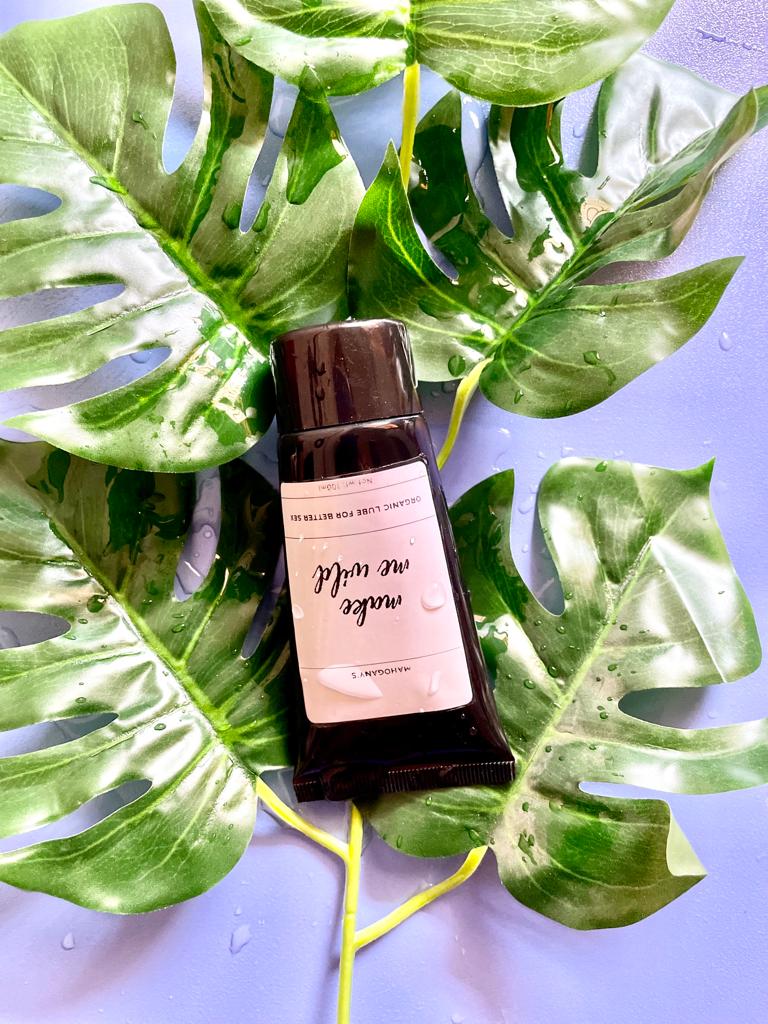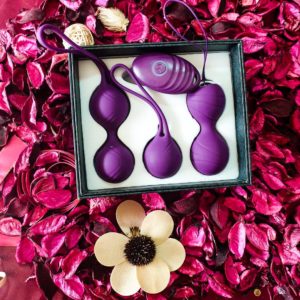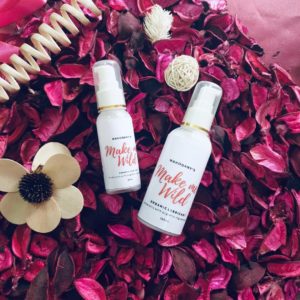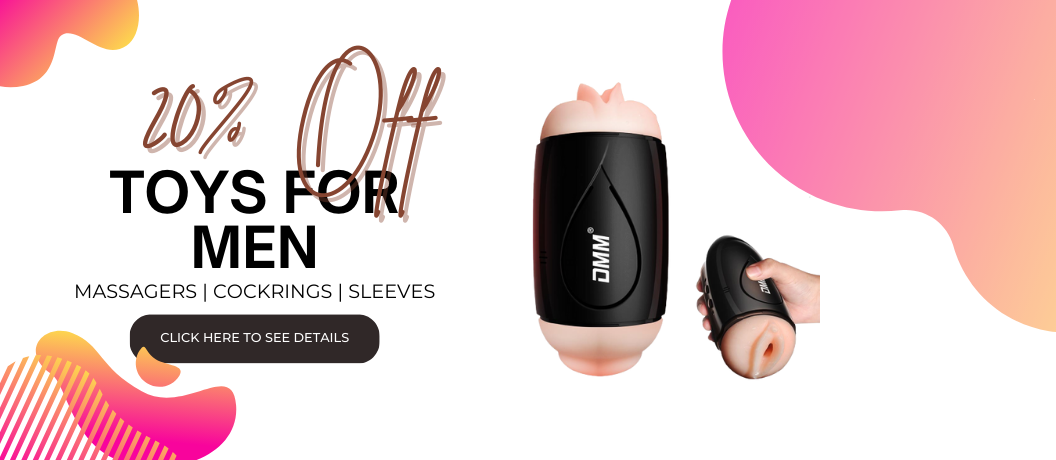5 lube ingredients that may be hurting your vagina
When it comes to lube ingredients or any other product ingredient, I have an unethical rule that has always worked for me. .If you can’t pronounce it, then it’s probably not safe.
It’s funny that women would spend lots of money on their skin care routine and makeup but would just toss any lube they see in the cart without a second thought. You are what you eat, drink and apply in your body. Think of lubricants as the skincare for your vagina, what do you look out for when buying skin products for your face?
The vagina is a self-lubricating organ. And is one of the most delicate parts of the female body. It also has a delicate PH balance and anything out of place can disrupt the natural PH balance of the vagina which is between 3.8 – 4.5ph level. Upsetting the PH balance of the vagina can cause Vaginal yeast infections like the thrush and Bacterial Vaginiosis (BV) to develop. Conventional sex lubes sold online are one of the things that can alter the PH level of the vagina exposing it to infections.
But, can the ingredients in my lube affect me?
Just like your skin absorbs the products you apply. The vagina is highly absorbent and the ingredients from the lube ingested in the vagina will be absorbed in the blood stream. When buying a sexual lubricant, always check the components of the lubes to know what it is made of before putting it into your vagina.
Here are 5 toxic lube ingredients to avoid
1. Glycerin
This is the most common ingredient of them all. It is found in many commercial lubricants and even over the counter prescription. Glycerin is a metabolic by-product of sugar. Since glycerine contains sugar, it creates an environment where yeast loves to thrive and multiply. Using lubes that contain glycerin can put you at the risk of yeast infections.
Now the use of glycerine doesn’t mean everyone who uses it will get a yeast infection. However, if you know you are prone to vaginal infections or get recurrent Yeast or Bacterial Vaginosis, then this is an ingredient you should stay away from. Too much sugar can lead to bacterial growth and potential UTIs.
READ- WHY YOU KEEP HAVING RECURRENT YEAST INFECTIONS
2. Parabens
Parabens are used as preservatives and is included in food, cosmetic and pharmaceutical sector to prevent bacterial growth. Despite its use here, there is worry that parabens can increase the chances of breast cancer. Parbens are absorbed through the skin from skincare products. These preservative chemicals have been shown to cause irritation to the vagina. One physical symptom to the vagina after using parabens is the genital rashes it causes. According to a study in 2004, it was discovered that 18 to 20 tumor samples contained small amounts of parabens.
3. Petroleum based ingredients
There have been lots of arguments online about the safety of using Vaseline or baby oil as a substitute for lubes. And to be clear, petroleum based products are not safe. This is because during the refining process of petroleum jelly, some of the components removed from the oil during the process can potentially be carcinogenic. These oils can overstay in the vagina since they are sticky and can stay for long than normal lubes.
4. Proplyene Glycol
This ingredient is a common preservative found in many lubricants and is something you should keep away from your vagina. This ingredient is an infamous vaginal irritant and is worse for women who experience vaginal irritation or are prone to vaginal infections. If you experience a burning sensation when you put lube lubes on your vulva or inside your vagina, it is the propylene glycol causing the irritation.
5. Artificial Flavors
Your vagina doesn’t need any tingling substance, aroma or flavour. Lubricants that contain menthol, aroma or flavours are not advisable to be used in your vagina. These flavoured lubricants can cause vaginal irritations because most of them get their chemical compounds from synthetic materials extracted through a potentially harmful chemical process.
Now, not all artificial flavours are bad but you cannot know just by reading the container. So if you have a sensitive vagina, I advise you stay away from them. Other ingredients you should be on the lookout for in the lubes are Chlorhexidine gluconate, Nonoxynol-9, Sodium Hydroxide, Benzocaine and Silicone.
What lubes are safe?
Your lube does not need tons of ingredients to make it effective. The need to be more careful when choosing lubes cannot be over emphasized because in recent times, lubes are not only restricted to be used in the vagina during sex. There are fun uses of lubes other than penetrative sex, lubes are now being used during oral sex and other forms of play. Now, would you want to digest something that is unhealthy to you? Of course not.

This is why we came up with the Make me Wild Lube. An organic lube made with natural products and with no additives or preservatives. A natural lube made with your sensitive parts in mind.
Next time when you go lube shopping, always check to see the ingredients your lube is made of. And if the ingredients are not outlined, ask before making a purchase. Always opt for organic lubes.













